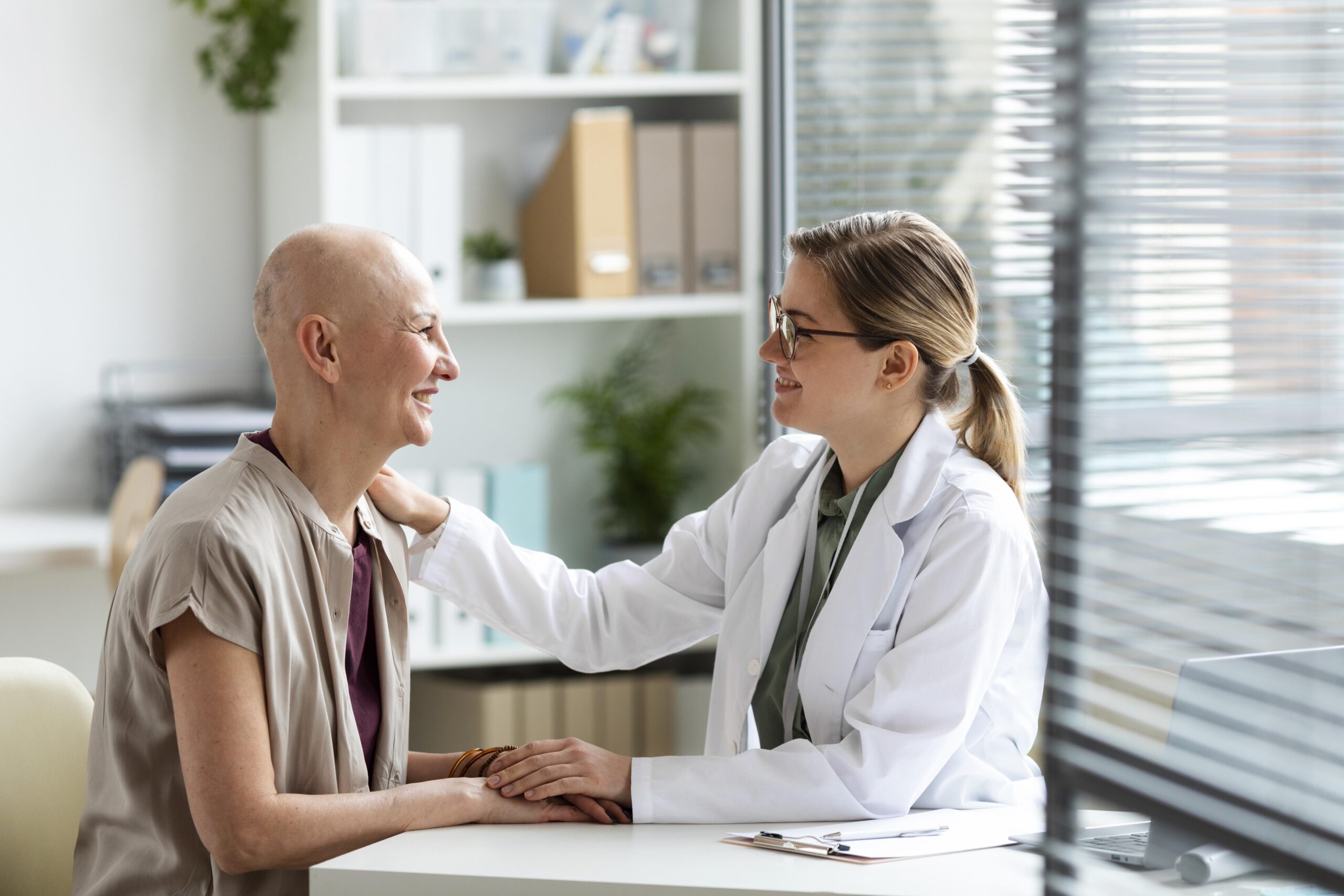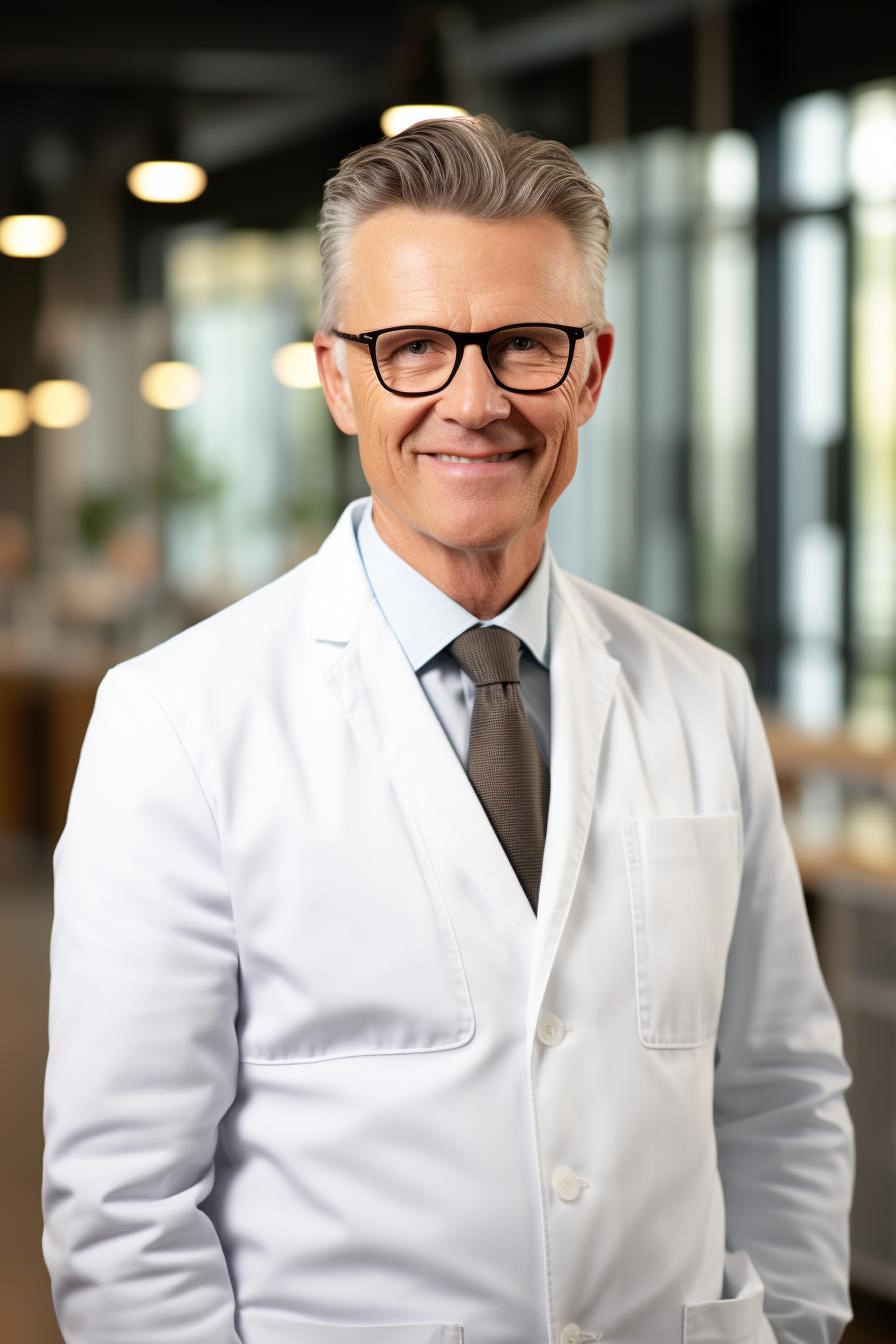What Is A Colon Cancer Screening?
Colon cancer is one of the most common and preventable cancers, being the third most frequently diagnosed type. The large intestine, comprising the colon and rectum, plays a key role in absorbing water and nutrients from digested food and storing waste before it leaves the body.
Colon cancer screenings involve examining the inner lining of the colon and rectum for polyps and cancerous growths, even when no symptoms are present. Polyps are typically benign growths, but some can become cancerous over time. Early detection and removal of these growths can prevent serious health complications and fatalities associated with colon cancer.
The board-certified gastrointestinal health specialists at Colorado Gastroenterology have extensive experience performing routine colon cancer screenings and recommend that all individuals schedule regular screenings starting at age 45. To schedule your colorectal cancer screening, reach out to our location in Denver, CO.

What Is the Importance of Regular Colon Cancer Screenings?
Regular screenings for colorectal cancer are vital for maintaining both overall and gastrointestinal health. Various screening methods exist, such as stool tests, but a colonoscopy remains the most effective preventive measure. Benefits of regular colon cancer screenings include:
- Life-saving potential through early detection of cancerous growths
- Early identification and removal of polyps
- Prevention of colon cancer development
- Diagnosis of other gastrointestinal conditions, like inflammatory bowel disease
Since colon cancer often shows no signs until advanced stages, routine screenings are crucial for early detection and treatment.
How Do You Perform Colon Cancer Screenings?
Consult your GI doctor to determine the appropriate timing and tests for your colon cancer screening. The following methods may be used:
- Flexible Sigmoidoscopy: A sigmoidoscope, a thin tube with a camera, is inserted into the rectum to view the rectum and lower colon. It can also be used for biopsies and polyp removal. For a full examination, a colonoscopy is necessary. Risks include bowel tears, bleeding, and infection.
- Colonoscopy: A colonoscope, similar to a sigmoidoscope but longer, examines the entire colon. This procedure requires sedation and can remove polyps or take biopsies. Risks include bowel tears, bleeding, and infection. Of all the different colon cancer screening methods, this is the preventive measure available.
- Virtual Colonoscopy: This CT scan captures cross-sectional images of the colon. It is noninvasive and does not require sedation. If abnormalities are found, a colonoscopy is needed for further action.
- Double-Contrast Barium Enema: A tube is inserted into the rectum, and barium sulfate along with air is pumped into the colon. X-rays then reveal any abnormalities. A follow-up colonoscopy is necessary if polyps or tumors are detected.
- Fecal Tests: Fecal tests analyze stool samples and, while safe, may not provide definitive results. Positive results suggest abnormalities, which may require a colonoscopy to investigate. Types of fecal tests include:
- Fecal Occult Blood Tests: Detect hidden blood through a chemical reaction.
- Fecal Immunochemical Tests: Identify blood through an immunochemical reaction to a specific protein.
- Stool DNA Tests: Look for abnormal DNA from cancerous or precancerous cells in the stool.
What Are the Risk Factors for Colon Cancer?
Several factors increase the risk of developing colon cancer:
- Being at least 45 years old
- Genetic conditions like familial adenomatous polyposis
- Previous colon cancer diagnosis
- Personal history of breast, ovarian, or uterine cancer
- Family history of colon cancer
- Conditions such as ulcerative colitis and Crohn’s disease
- Sedentary lifestyle, poor diet, and smoking

Learn More About Colon Cancer Screenings
Colon Cancer Screening FAQs
Why are screenings for colon cancer important?
Colorectal cancer commonly arises from abnormal growths in the colon or rectum called polyps. During a colonoscopy, these premalignant polyps can be removed to help lower the risk of and potentially even prevent colon cancer development. Periodic screenings for colon cancer can also allow doctors to identify cancer that has already progressed. When colorectal cancer is caught early, it may be easier to treat.
At what age should you begin colon cancer screenings?
Adults who carry an average risk for the disease should begin having routine colon cancer screenings at 45. Those with an increased risk may require screenings before this age. Your GI specialist can advise you on when you should start your screenings for colorectal cancer.
How frequently should I get a screening for colon cancer?
The intervals at which individuals should undergo colon cancer exams can vary according to the exam being conducted. Generally, those who are age 45 years old and older should undergo a colonoscopy exam every ten years when they have an average risk for colorectal cancer and have colonoscopies with normal results. Patients who carry a significantly high risk are advised to undergo colonoscopy exams at least once every five years. For details on how frequently you should schedule screenings for colon cancer, please consult your gastrointestinal physician.
How can I prepare for my colon cancer screening?
The preparatory instructions for a colorectal cancer screening will depend on the form of screening received. For a colonoscopy, specific information on how to prepare will be provided to you by the GI team ahead of your scheduled procedure to clear out your large intestine. Your doctor may also provide additional instructions to follow in the days leading up to your screening. It is essential to comply with your doctor’s directions to help ensure they can observe any concerns when conducting your screening for colorectal cancer.
